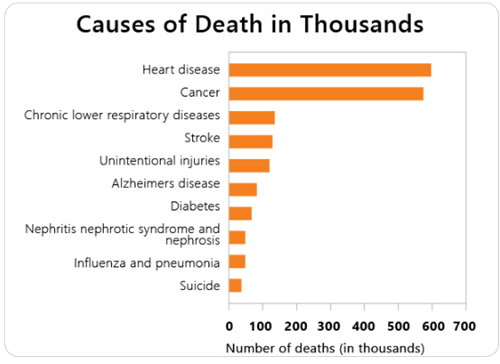The Crisis of Cancer Care in Nigeria: A Call for Action
Nigeria is facing a growing challenge in its fight against cancer, with a critical shortage of essential medical professionals in many parts of the country. According to Abidemi Omonisi, the President and Chief Executive Officer of the Nigerian Cancer Society (NCS), 16 states lack clinical oncologists—physicians who are specifically trained to manage cancer patients. This deficiency has significant implications for the quality of care available to those affected by the disease.
Omonisi made these remarks during an interview with Daily Trust in Abeokuta, Ogun State, following the launch of Oncoseek, a groundbreaking blood-based test designed to detect nine high-mortality cancers at an early stage. The event was part of a two-day workshop focused on developing National Nuclear Medicine Guidelines and Policy, organized by the National Technical Working Group.
As an anatomic pathologist with expertise in cancer epidemiology and molecular pathology, Omonisi emphasized that while the federal government has made progress in cancer prevention and control, challenges persist at the state and local levels. He highlighted that managing cancer is far more complex than treating common illnesses like malaria, which can often be handled by a single physician.
“Cancer care requires a multidisciplinary approach involving oncology nurses, pharmacists, and other specialists,” Omonisi explained. “The key component of this team is the clinical oncologist. In the 16 states without these professionals, cancer care is suboptimal.”
When asked to identify the specific states affected, Omonisi chose not to name them but reiterated his concerns about the inadequate cancer care infrastructure across various regions. He pointed out that some states do not even have designated officers responsible for cancer-related matters. “Ask them how many cancer patients they have, and they will tell you there is no data,” he said. “A state without records clearly shows there is no meaningful intervention.”
In addition to the lack of personnel, Omonisi noted that some states lack basic diagnostic tools such as mammograms. This forces citizens to travel to other states for essential cancer screening and treatment, further complicating access to care.
The launch of Oncoseek comes at a crucial time, as it offers a new tool for early detection. However, Omonisi stressed that technology alone is not enough. “Addressing the growing cancer burden in Nigeria requires deploying all available solutions and management strategies,” he said.
Dr. Iziaq Kunle Salako, the Minister of State for Health and Social Welfare, echoed this sentiment during the event. He acknowledged the increasing prevalence of cancer in the country and emphasized the need for comprehensive approaches to tackle the issue. Salako also highlighted the federal government’s ongoing efforts, including the construction of six cancer centres of excellence across Nigeria’s six geopolitical zones.
Despite these initiatives, the disparity between federal and state-level capacity remains a pressing concern. Without a stronger focus on building local healthcare infrastructure, particularly in underserved areas, the fight against cancer in Nigeria will continue to face significant obstacles.
Key Challenges in Nigeria’s Cancer Care System
- Shortage of Clinical Oncologists: 16 states lack doctors specialized in cancer management.
- Inadequate Diagnostic Tools: Many states do not have essential equipment like mammograms.
- Lack of Data and Oversight: Some states do not track cancer cases or have designated officers for cancer care.
- Need for Multidisciplinary Care: Cancer treatment requires a team of specialists, including nurses and pharmacists.
- Federal vs. State Capacity: While national programs are advancing, state-level implementation remains inconsistent.
The road ahead requires not only technological advancements but also a renewed commitment to strengthening healthcare systems at every level. Only through coordinated efforts can Nigeria hope to improve outcomes for its citizens facing cancer.






